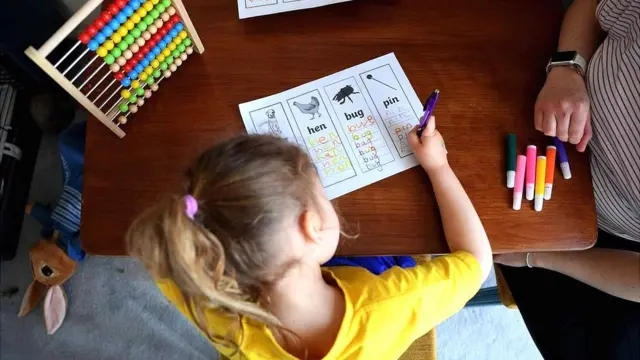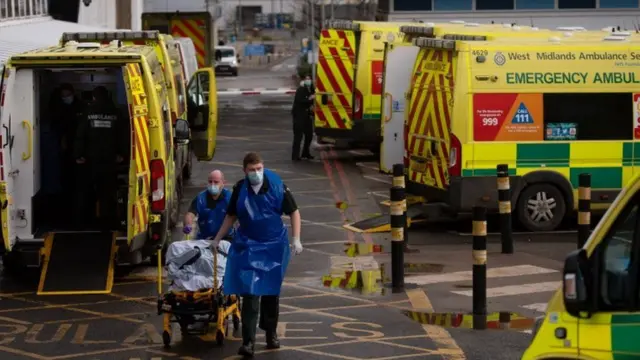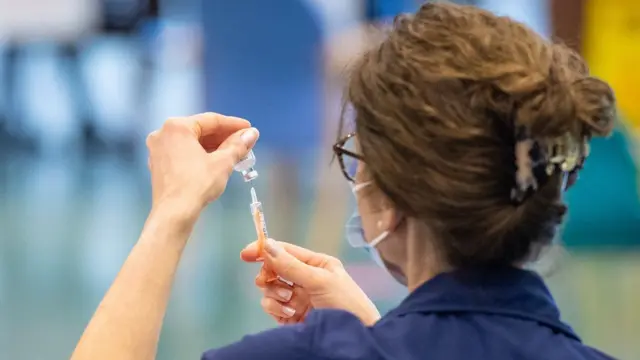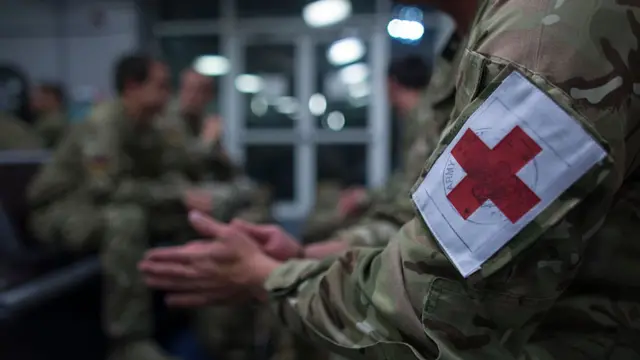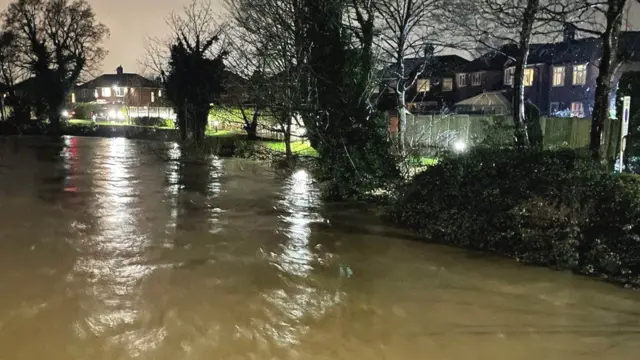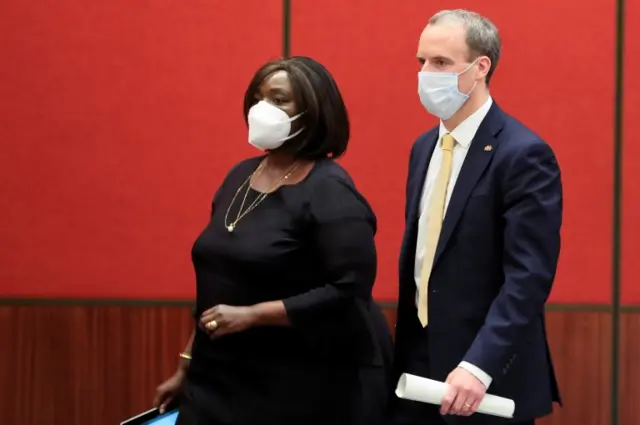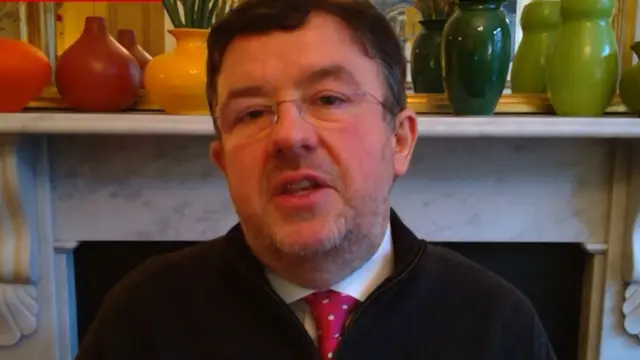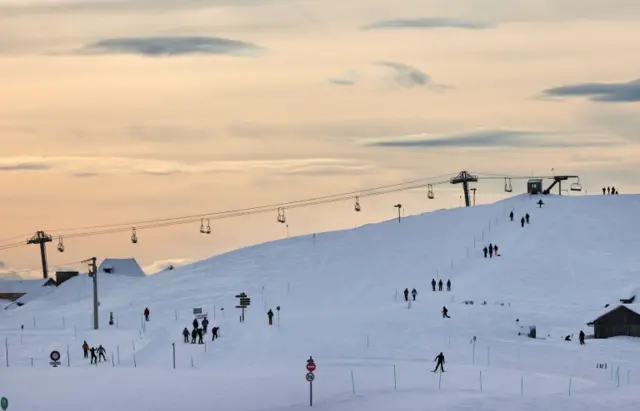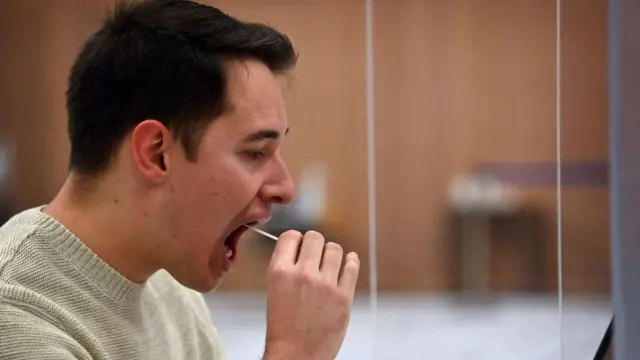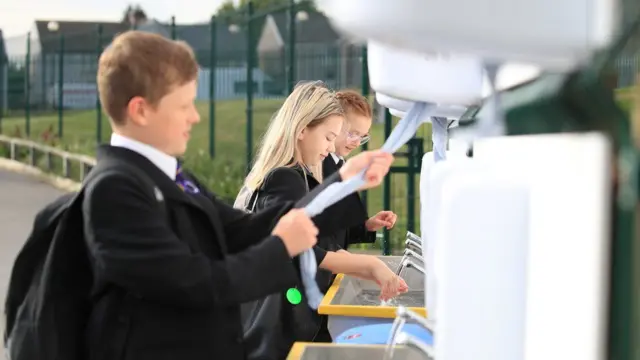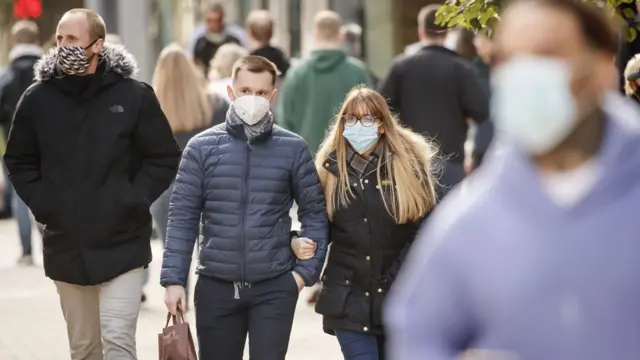House hunters 'travelling hundreds of miles' to view homespublished at 11:03 GMT 21 January 2021
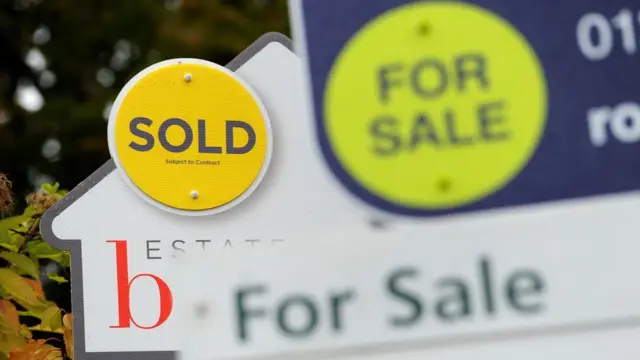 Image source, PA Media
Image source, PA MediaHouse hunters are taking advantage of lockdown rules to travel hundreds of miles to view homes, estate agents in England have said.
In-person viewings are allowed in England, but estate agents have raised concerns about their safety and say some buyers are travelling across the country to look at second homes.
Firms have said they are also currently facing increased demand before the stamp duty holiday ends on 31 March.
The government said the housing market is "a key part of our economy" - but that initial viewings should be done virtually "wherever possible".
But firms say many buyers don't want virtual appointments.
